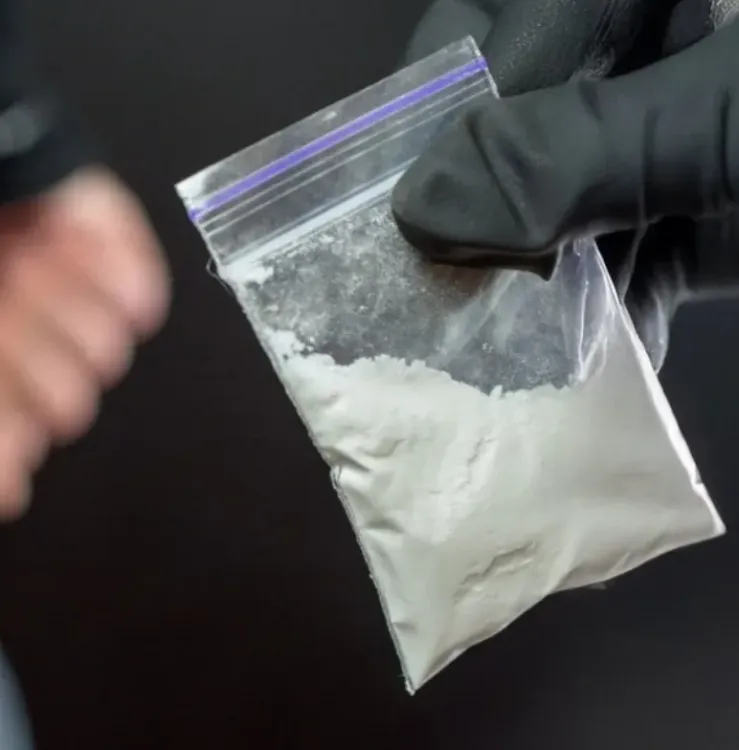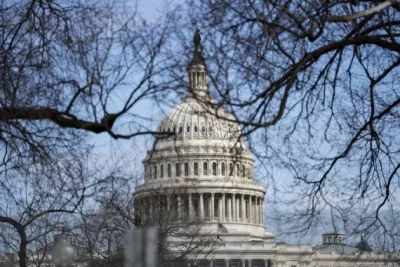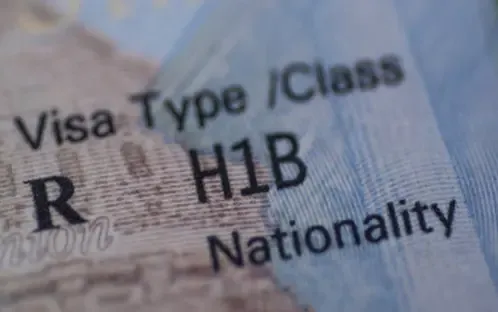Did Chinese Nationals Smuggle Agroterrorism Pathogen into the US?

Synopsis
Key Takeaways
- Two Chinese nationals charged with smuggling a dangerous biological pathogen in the US.
- Fusarium graminearum raises serious national security concerns.
- The pathogen is linked to severe economic losses in agriculture.
- Evidence indicates ties to the Chinese Communist Party.
- Investigations highlight risks to US food supply and public safety.
Washington, June 4 (NationPress) Two individuals from China have been implicated in the United States for illicitly transporting a hazardous biological pathogen, known as Fusarium graminearum, regarded as a potential weapon for agroterrorism.
This incident has triggered profound national security alarms, with US officials cautioning about the severe risk these actions pose to the nation’s food supply and public health.
The US Department of Justice has verified that the fungus, Fusarium graminearum, is categorized in scientific circles as a possible instrument for agricultural sabotage.
This pathogen is notorious for causing “head blight” in crops, resulting in billions of dollars in economic damage each year.
Moreover, the fungus produces toxins capable of causing vomiting, liver harm, and reproductive issues in both humans and livestock.
An FBI criminal complaint states that 34-year-old Zunyong Liu, a researcher currently in China, smuggled the fungus into the United States in July 2024 during a visit to his girlfriend, 33-year-old Yunqing Jian.
Liu confessed to bringing the pathogen into the country to perform research at a University of Michigan laboratory where Jian was working.
The FBI uncovered electronic communications linking the two, resulting in charges of conspiracy, smuggling, providing false information, and visa fraud.
Authorities also found that Jian had received funding from the Chinese government for her research on the pathogen in China, and her electronic devices contained evidence of her connections to the Chinese Communist Party (CCP).
Cheyvoryea Gibson, Special Agent in Charge of the FBI Detroit Field Office, described the duo's actions as presenting an imminent threat to public safety.
US Attorney Jerome F Gorgon Jr remarked on the seriousness of the situation, stating, “The alleged actions of these Chinese nationals -- including a loyal member of the Chinese Communist Party -- raise the utmost national security alarms. These individuals have been charged with transporting a fungus deemed a ‘potential agroterrorism weapon’ into the heart of America, where they seemingly aimed to utilize a University of Michigan laboratory to advance their agenda.”
FBI Director Kash Patel also commented on the matter via X, emphasizing the wider implications for national security and economic stability.
“Evidence also suggests that Jian expressed loyalty to the Chinese Communist Party and had obtained backing from the Chinese government for similar research on this pathogen in China,” he stated.
“This case serves as a stark reminder that the CCP is tirelessly working to deploy operatives and researchers to infiltrate American institutions and target our food supply, which could lead to dire consequences... jeopardizing American lives and the economy,” Patel posted.
The FBI and US Customs and Border Protection conducted the investigation collaboratively, coinciding with already tense relations between the United States and China.
The timing is particularly notable, surfacing just days after the Trump administration vowed to “aggressively” revoke visas for Chinese students and researchers.
Secretary of State Marco Rubio also released a statement indicating that the visa revocations would affect “those with ties to the Chinese Communist Party or studying in critical fields,” adding that the US would increase scrutiny “of all future visa applications from the People's Republic of China and Hong Kong.”










